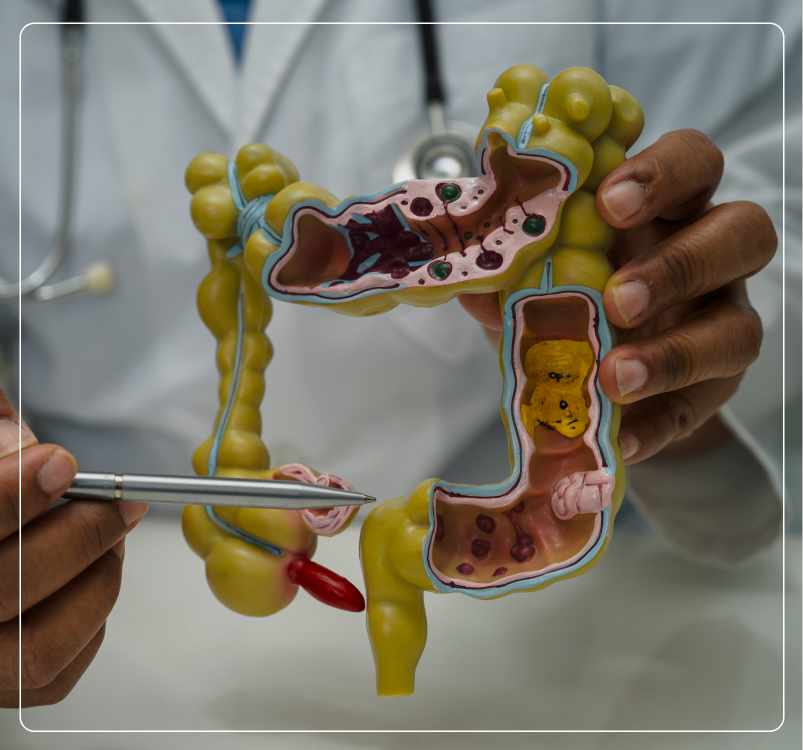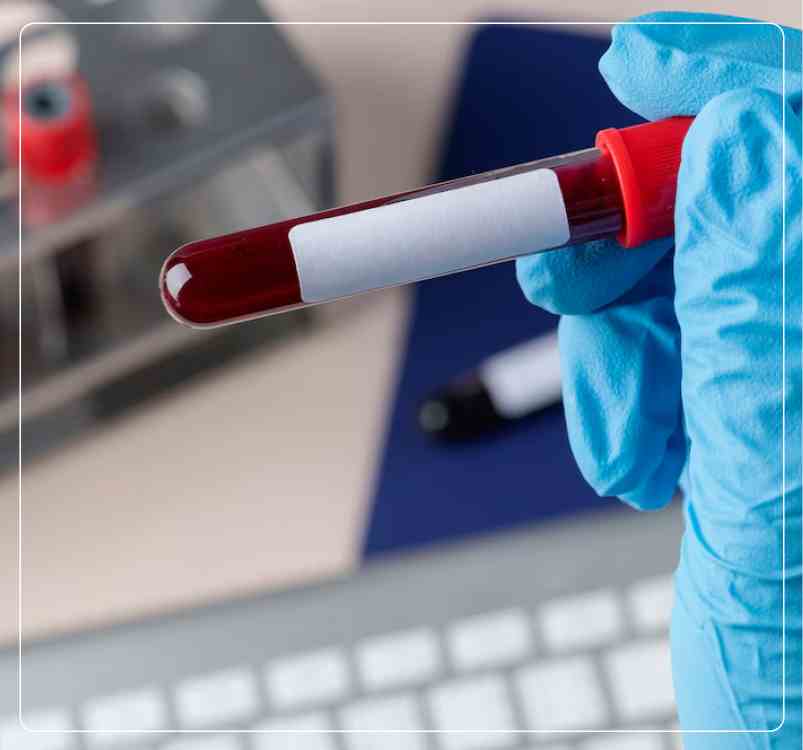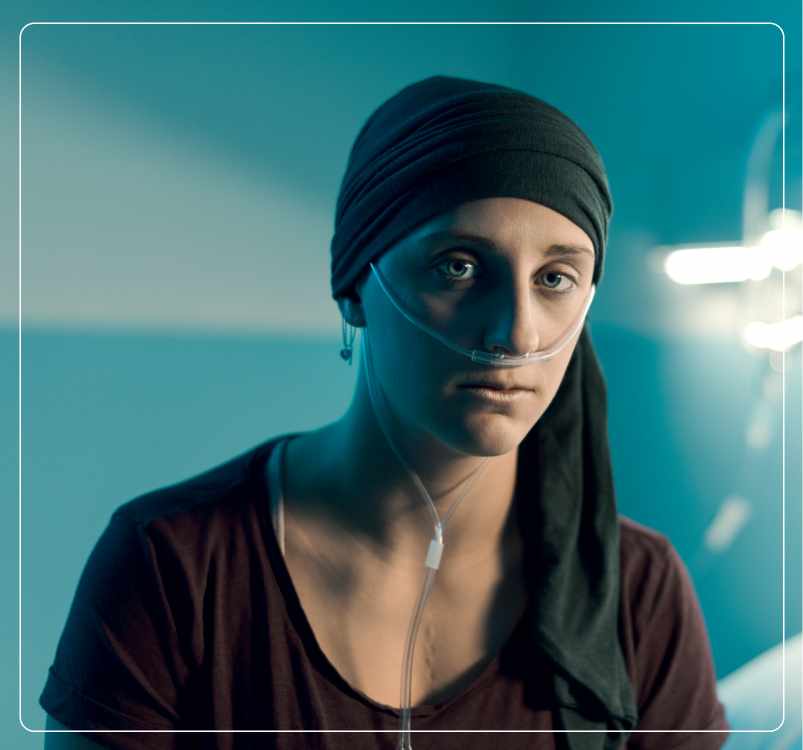Gastrointestinal Cancer
Dr. Mukti Mukherjee
[12+ Years Experience]
Radiation Oncologist In Kolkata
Gastrointestinal Cancer Doctor in Kolkata
If you or someone you know is experiencing symptoms of GI cancer, it’s important to see a doctor for timely diagnosis and treatment. Treatments like radiation therapy offer promising results, especially under expert care.
Visit Dr. Mukti Mukherjee’s clinic in Kolkata for effective and compassionate gastrointestinal cancer radiation therapy.
Types of Gastrointestinal Cancer
Esophageal Cancer
Stomach Cancer
Colon Cancer
Rectal Cancer
Anal Cancer
Reach out: Your path to quality care starts here
58, Canal Circular Rd, Kadapara, Phool Bagan, Kakurgachi,
Kolkata – 700054
Let’s Talk to Us
Symptoms
Causes

Advanced age

Processed food consumption

Heavy alcohol consumption

Smoking & tobacco usage

Underlying conditions (GERD, H. pylori infection, hepatitis B/C, or liver cirrhosis)


Exposure to chemicals (i.e, inorganic lead compounds, monosodium glutarate)
Evaluation
Management
After thorough evaluation, Dr. Mukti Mukherjee recommends comprehensive treatment including one or a combination of:




